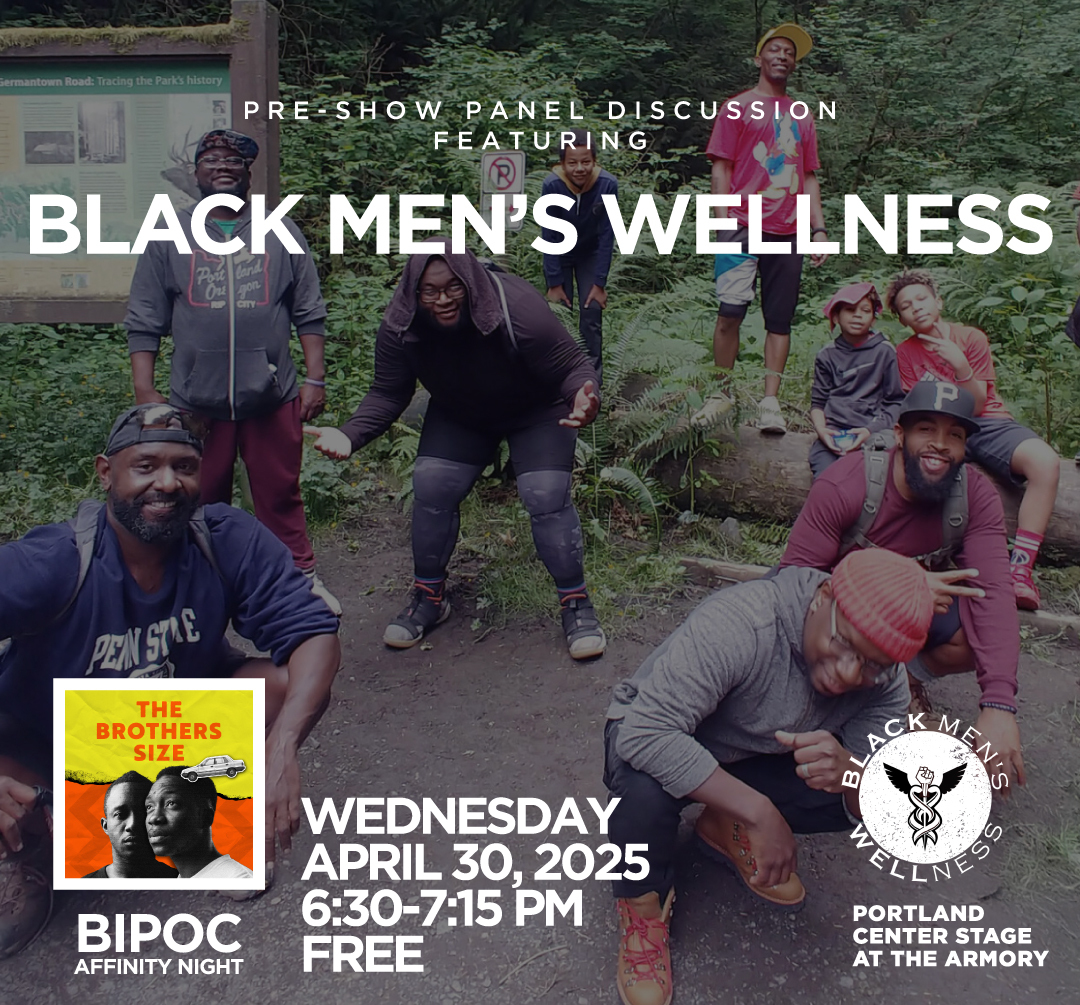A Snapshot Look at Alice Walker's "The Color Purple"
1944 — Alice Malsenior Tallulah-Kate Walker is born the youngest of eight children to sharecroppers in Eatonton, a rural farming town in Georgia. Her mother later worked as a seamstress to earn extra money.
1961 — Walker graduates as valedictorian from Butler Baker High School, a segregated high school, and attends Spelman College on a full scholarship. During her time at Spellman, Walker meets Dr. Martin Luther King, Jr., and social activist Howard Zinn becomes her mentor.
1965 — Walker graduates from Sarah Lawrence College. She spends her junior year abroad in Africa and Europe.
1967 — Walker marries Melvyn Rosenman Leventhal, a Jewish civil rights lawyer. The couple relocates to Jackson, Mississippi, and, despite violent threats, they become the first legally married interracial couple in Mississippi.
1974 — Walker becomes a regular contributor to Ms. Magazine. Her 1975 article “In Search of Zora Neale Hurston” helps revive interest in the influential author and anthropologist.
1982 — The Color Purple is published. A bestseller, The New York Times calls it a “striking and consummately well-written novel.”
1983 — Walker becomes the first black woman to win the Pulitzer Prize for Fiction and the National Book Award for Fiction for The Color Purple.
1984 — The novel is first challenged as appropriate reading for high school honors classes in Oakland, California, due to the work’s “sexual and social explicitness” and its “troubling ideas about race relations, man’s relationship to God, African history and human sexuality.” After nine months of haggling and delays, a divided Oakland Board of Education grants formal approval for the book’s use.
1985 — A major motion-picture film adaptation premieres, directed by Steven Spielberg and starring Whoopi Goldberg and Oprah Winfrey. Like the novel, the movie was a critical and financial success, receiving 10 Academy Award nominations. However, the Coalition Against Black Exploitation protested the Los Angeles premiere for its depiction of black men abusing black women.
1990s — Walker is involved in a romance with singer-songwriter Tracy Chapman, and refuses to label herself as bisexual, saying “I'm open to the spirit of a person whether that's a man or a woman or whoever.”
2003 — BBC’s The Big Read poll names The Color Purple as one of the top 200 best-loved novels of all time.
2004 — Workshops begin for the musical adaptation at Alliance Theatre in Atlanta, Georgia.
2005 — The original musical adaptation of The Color Purple opens on Broadway. Produced by Scott Sanders, Quincy Jones and Oprah Winfrey, it runs for 931 performances and earns 11 Tony nominations.
2007 — LaChanze wins the Tony Award for Best Actress in a Musical for her role as Celie.
2013 — The first international production opens in London. Directed by John Doyle and starring Cynthia Erivo, this stripped down version feels like a different show from the original production in 2005, but the songs are virtually the same and the text is missing fewer than 20 lines.
2015 — Previews begin for the Broadway revival using John Doyle’s production. Cynthia Erivo reprises her role as Celie and Jennifer Hudson makes her Broadway debut as Shug Avery. Author Victoria Bond writes, “Thirty years since its film adaptation, The Color Purple lingers as perhaps the cultural touchstone for black women in America, a kind of lingua franca of familiarity and friendship. For a black female audience, Celie feels like an ancestor who survived, so we might thrive.”
2016 — The Broadway revival wins the Tony Award for Best Revival of a Musical and Cynthia Erivo wins the Tony Award for Best Actress in a Musical.
2017 — The Broadway revival closes. During its two year run, the production becomes a showcase for powerhouse talent with performances from Heather Headley (Tony Award for Aida), Jennifer Holliday (original Effie in Dreamgirls) and Danielle Brooks (Orange is the New Black.)
2017 — The Color Purple is still banned in Texas prisons. Mein Kampf is not. The novel ranks at number 17 on the American Library Association’s Top 100 Banned or Challenged Books.
2018 — The Color Purple has sold over 5 million copies and been translated into 25 languages. The first international staging of the revival opens in Johannesburg, South Africa with an all-South African cast. “It’s crucially important that a young black girl can come to a show like The Color Purple and see herself in the characters onstage. This is how democracy speaks.” - The Daily Maverick
Timeline compiled by Alice Hodge, Marketing & Publications Specialist
Portland Center Stage is committed to identifying & interrupting instances of racism & all forms of oppression, through the principles of inclusion, diversity, equity, & accessibility (IDEA).




















